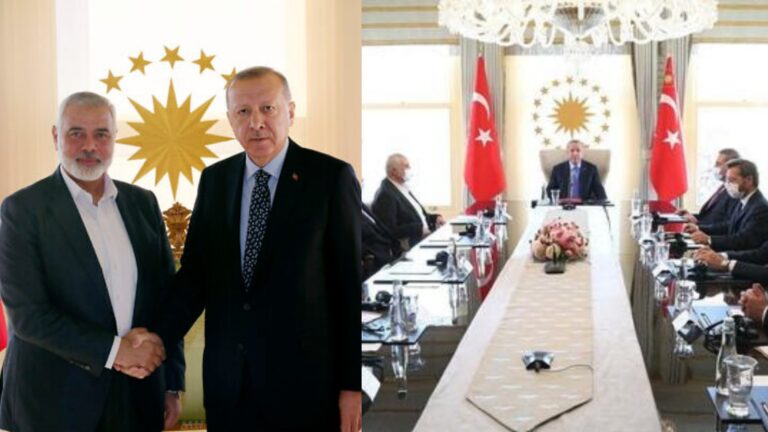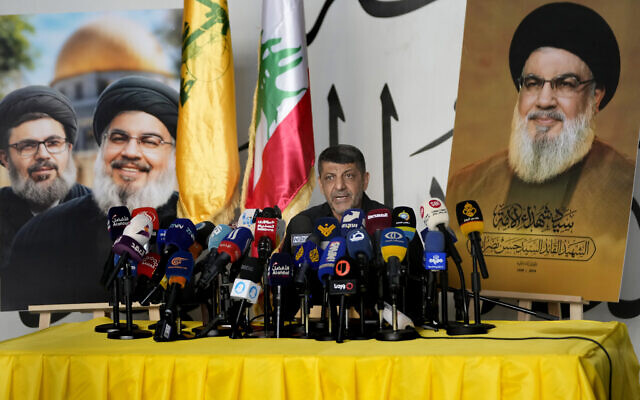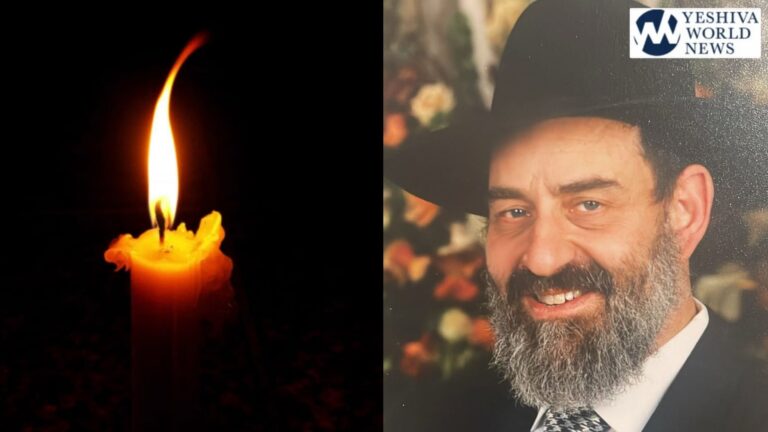 Barraged by questions about Russia, Donald Trump’s pick for secretary of state promised a far more muscular approach toward the Kremlin on Wednesday, abandoning much of the president-elect’s emphasis on improving ties between the Cold War foes. Instead, Rex Tillerson suggested the outgoing Obama administration responded too softly to Moscow’s takeover of Ukrainian territory.
Barraged by questions about Russia, Donald Trump’s pick for secretary of state promised a far more muscular approach toward the Kremlin on Wednesday, abandoning much of the president-elect’s emphasis on improving ties between the Cold War foes. Instead, Rex Tillerson suggested the outgoing Obama administration responded too softly to Moscow’s takeover of Ukrainian territory.
The surprising shift in tone by Tillerson, a former Exxon Mobil CEO and Russian “Order of Friendship” recipient, reflected the difficulty Trump will have in persuading Democrats and Republicans to broach a broad rapprochement with President Vladimir Putin’s government. Calling Russia a “danger” to the United States, Tillerson said he would keep U.S. sanctions in place and consider new penalties related to Russian meddling in the presidential election.
Although he said he hadn’t read last week’s classified assessment by the U.S. intelligence community, Tillerson said it was a “fair assumption” that Putin would have ordered the operation that purportedly included hacking, propaganda and internet trolls to harm Hillary Clinton’s candidacy and advance Trump’s. But in a puzzling revelation, Tillerson conceded he hadn’t yet talked with Trump about a Russia policy.
“Russia today poses a danger, but it is not unpredictable in advancing its own interests,” Tillerson told the Senate Foreign Relations Committee. He added that Trump’s administration would be committed to the defense of America’s NATO partners, an obligation the president-elect called into question during the campaign if allies failed to meet defense spending pledges.
While his prepared statement reflected some of Trump’s desire for improved ties, Tillerson quickly pivoted under pressure from both sides of the aisle. On Russia’s 2014 annexation of the Crimea region, he said, “That was a taking of territory that was not theirs.”
Still, he criticized President Barack Obama’s sanctions on Russia, which ended up costing Exxon hundreds of millions of dollars. And he declared that he would have responded by urging Ukraine to send all available military units to its eastern border with Russia and recommending U.S. and allied support through defensive weapons and air surveillance, to send a message to Moscow.
“That is the type of response that Russia expects,” he said in a response to questions from Sen. Marco Rubio, Tillerson’s toughest GOP inquisitor, who later lectured the oil man on human rights and hinted he might withhold his support. “If Russia acts with force,” Tillerson said, “they require a proportional show of force.”
Trump offered a sharply different account of Ukraine during the presidential campaign and never proposed a show of U.S. military force in Ukraine. In an August interview, he claimed Russia would not enter Ukraine, not seeming to know Russian troops were already there. He suggested Crimea didn’t count because the peninsula’s people preferred being part of Russia, restating Putin’s reason for taking the territory in 2014.
Like Trump, Tillerson vowed complete support for Israel, which he called America’s “most important ally” in the Middle East. He said the new administration would undertake a full review of the Iran nuclear deal to deny the Islamic republic the ability to acquire an atomic weapon. He said that might only be possible if Iran can no longer enrich uranium, which the accord permits under strict constraints and without which Tehran wouldn’t have made the deal.
Some of the questioning reflected the traditional friction between a Congress that wants to prescribe foreign policy and an executive branch that traditionally seeks to maintain broad flexibility in its international affairs, tinted by Tillerson’s vocal opposition to economic sanctions as a business leader.
Addressing some of Congress’ most experienced architects of U.S. economic pressure, Tillerson called sanctions “a powerful tool” in deterrence that could, however, also project weakness if applied poorly.
He said neither he nor Exxon had lobbied against sanctions. But the company did try to influence sanctions legislation on Russia two years ago, congressional records and data from the Center for Responsive Politics show, and Tillerson made numerous White House visits, to no avail. Given a second chance on the subject, Tillerson sought to clarify his answer by saying he had expressed concerns related to security in shutting down an Exxon operation newly prohibited under the sanctions.
Tillerson represents a break in a longstanding tradition of secretaries of state with extensive military, legislative, political or diplomatic experience. Yet his supporters point to Tillerson’s lengthy career as a senior executive in a mammoth multinational company as proof he has the management and negotiating skills to succeed in the State Department’s top post, particularly when facing tough foreign governments.
“It’s brilliant what he’s doing and what he’s saying,” Trump said of Tillerson during a news conference in New York that occurred as Tillerson was testifying. “He ran incredibly Exxon Mobil. When there was a find, he would get it.”
His Exxon experience, however, has been criticized by Democrats for possible conflicts of interest because of the company’s far-flung business dealings. Tillerson, who stepped down as CEO at the end of 2016, said he understood being secretary of state meant different responsibilities. He pledged to be a steward for U.S. national interests rather than corporate ones.
If all 10 Democrats on the committee vote against Tillerson, and Rubio or any other Republican joins them, the nomination would then be referred to the full Senate with “no recommendation.” That would be an embarrassment for such a high-profile Cabinet nominee and could signal a larger confirmation battle.
(AP)










